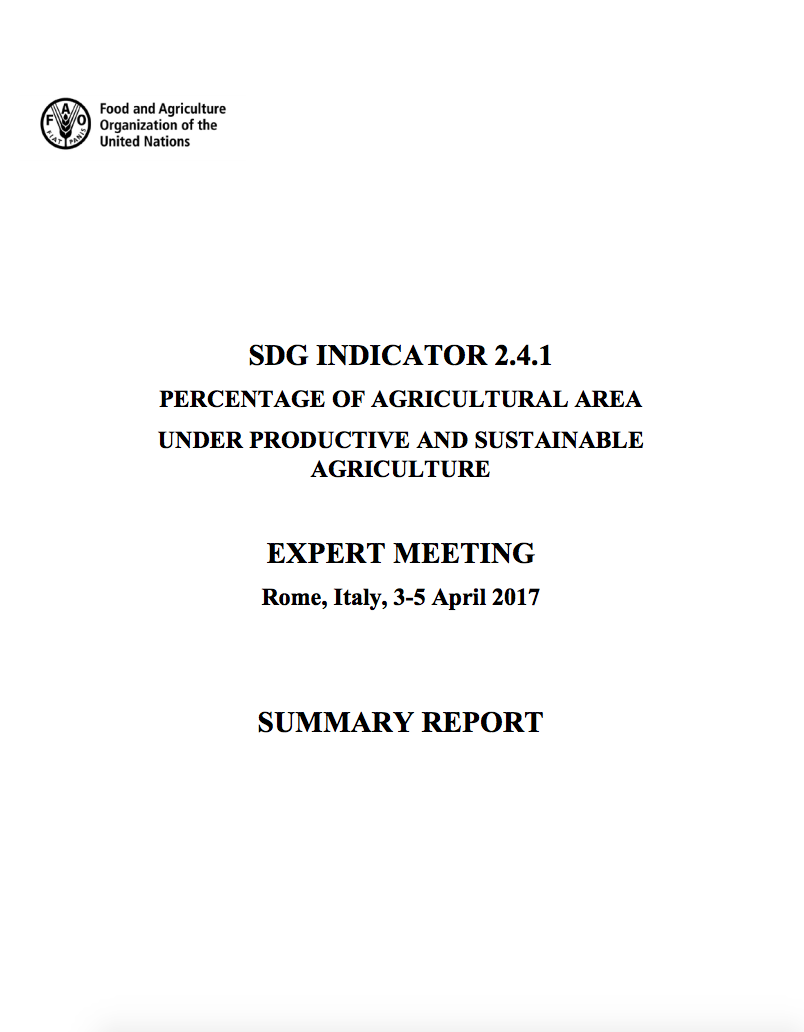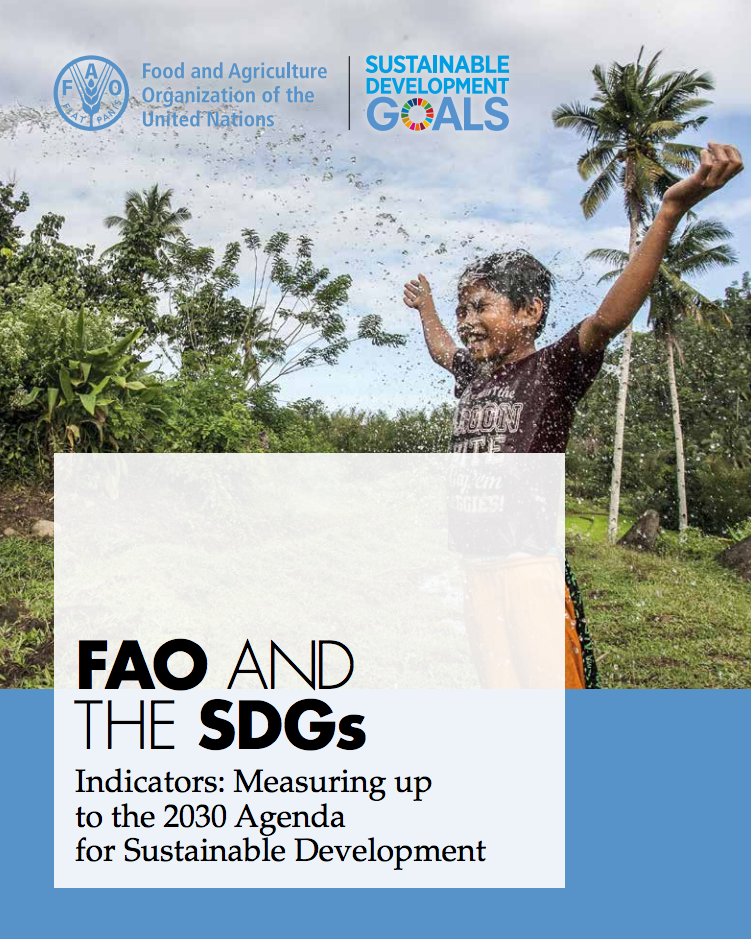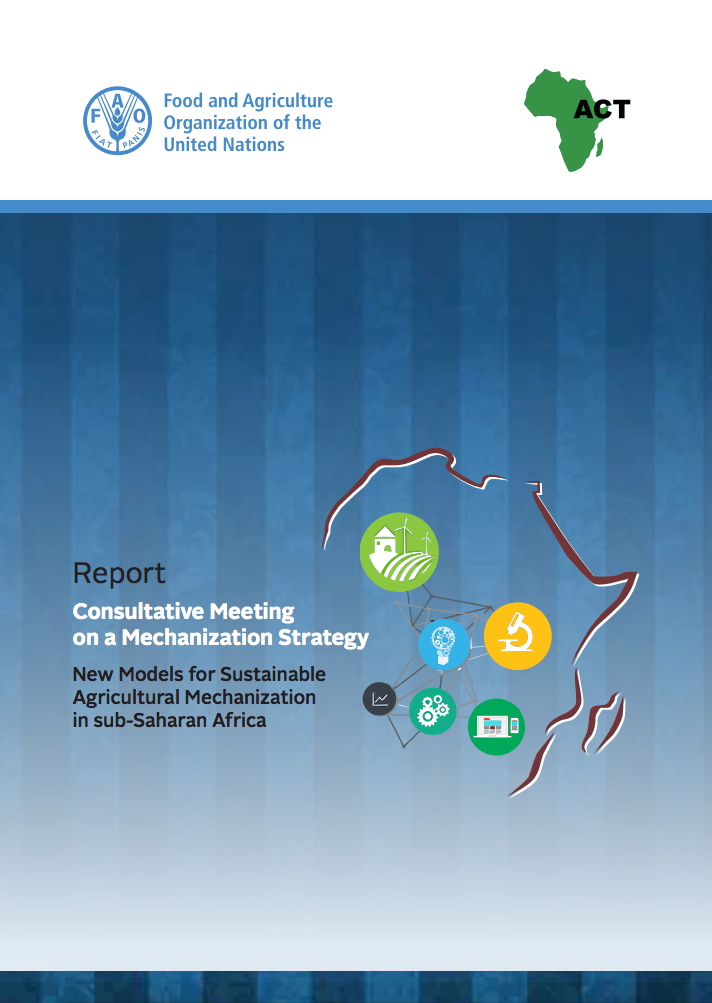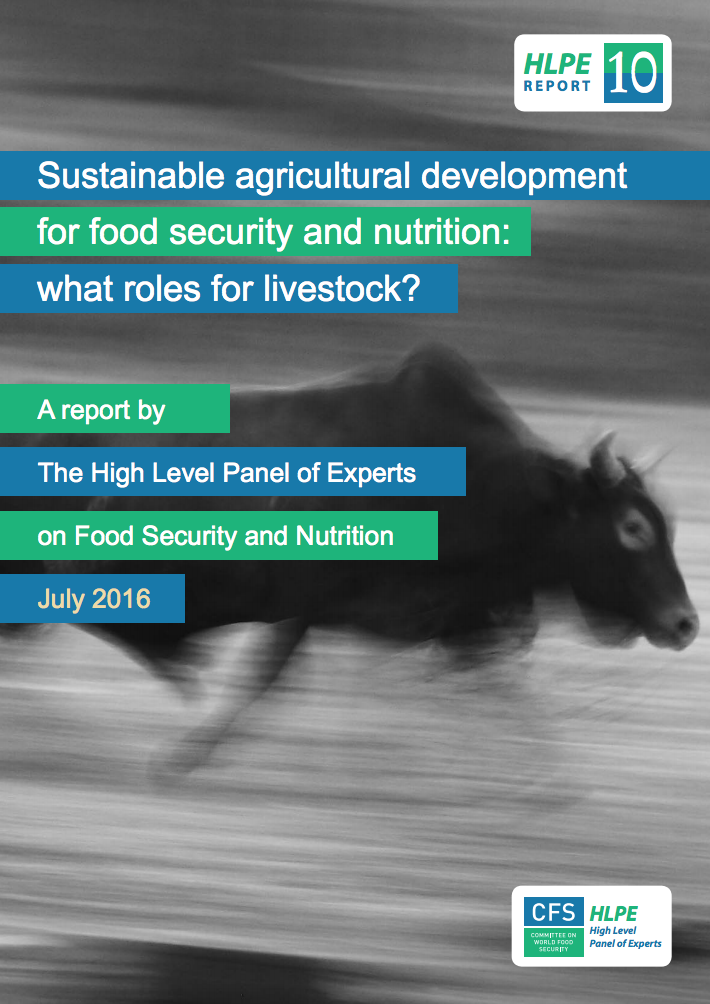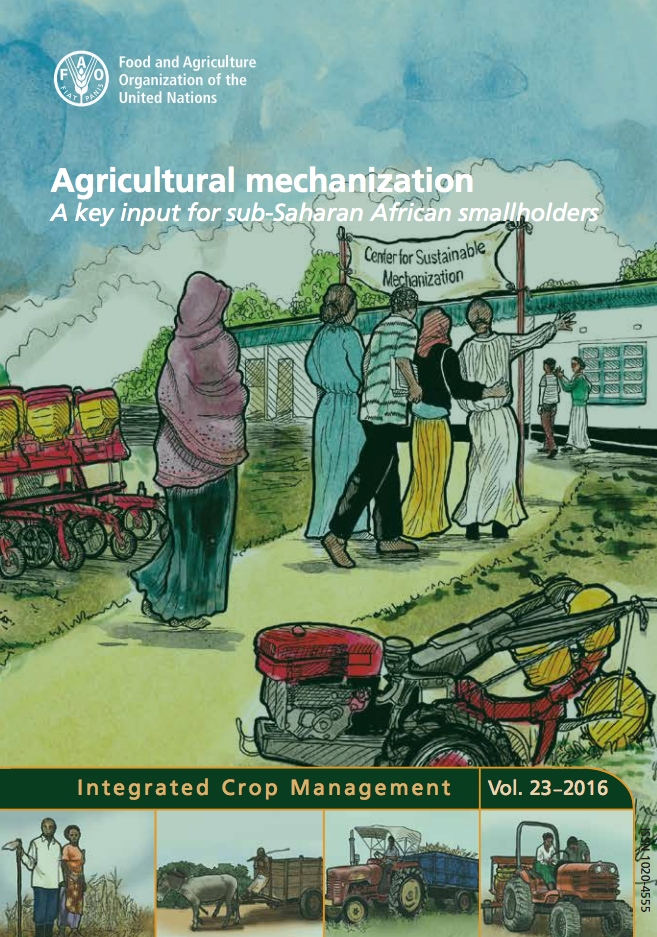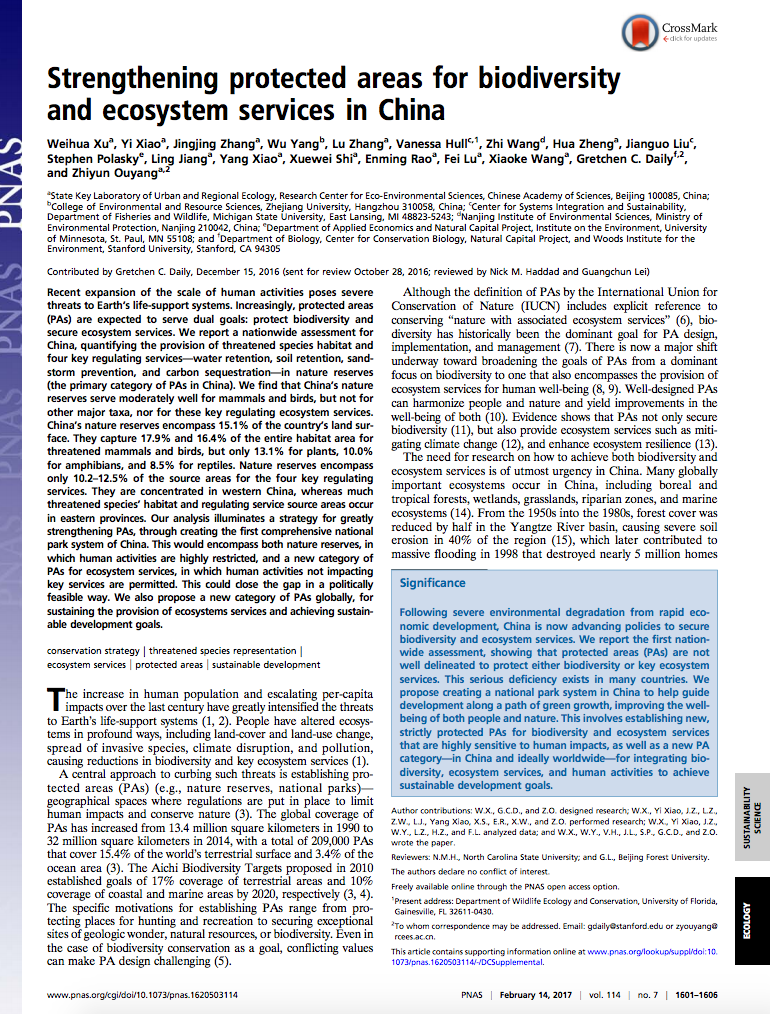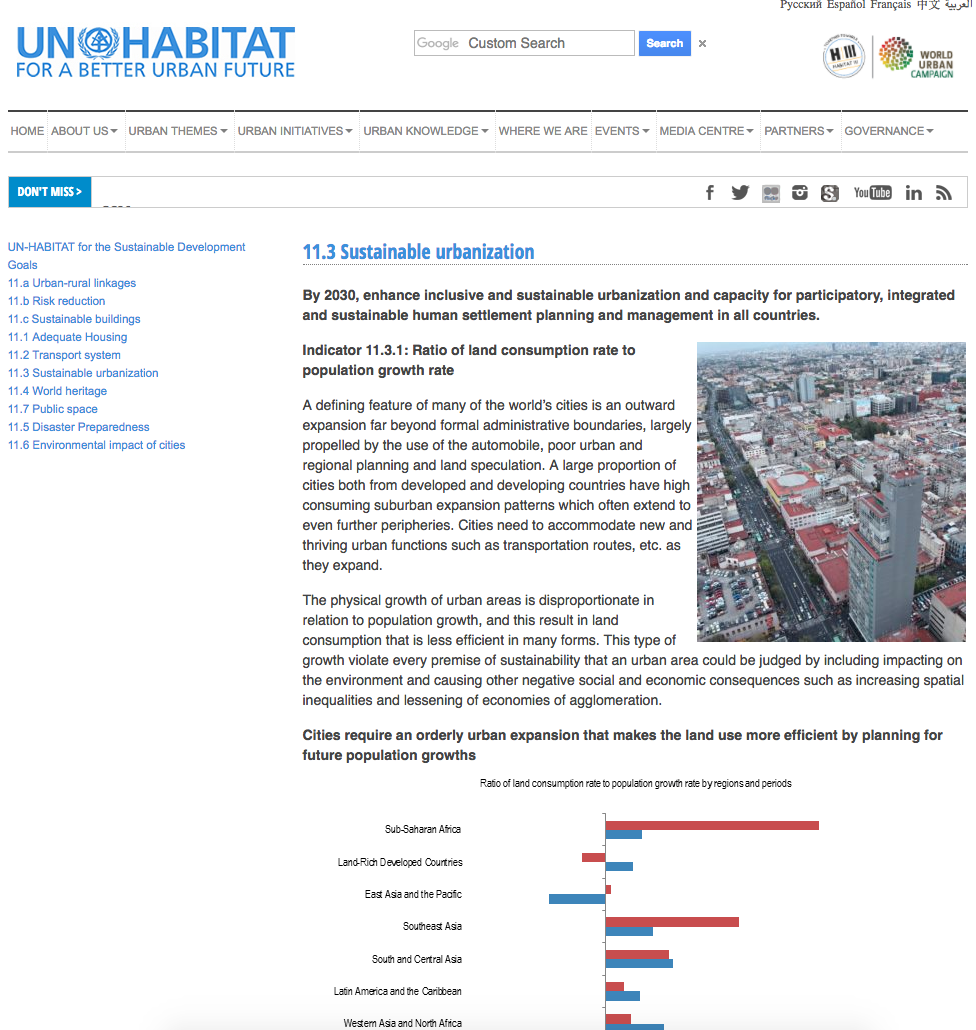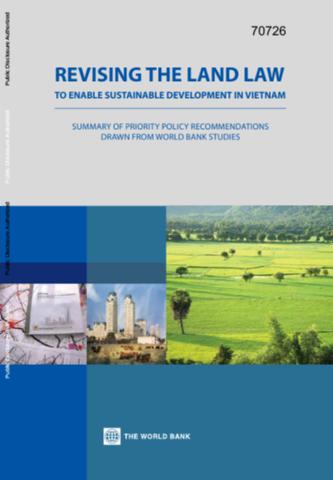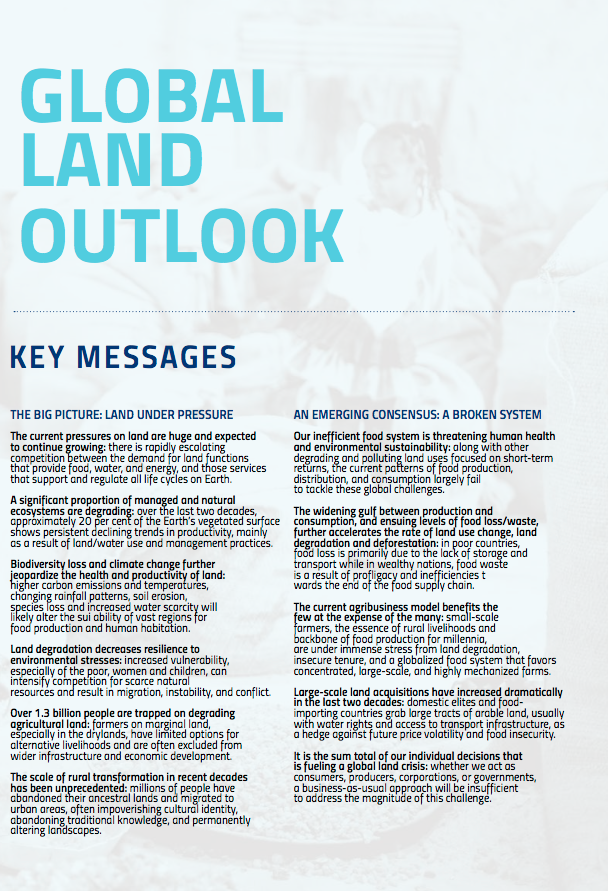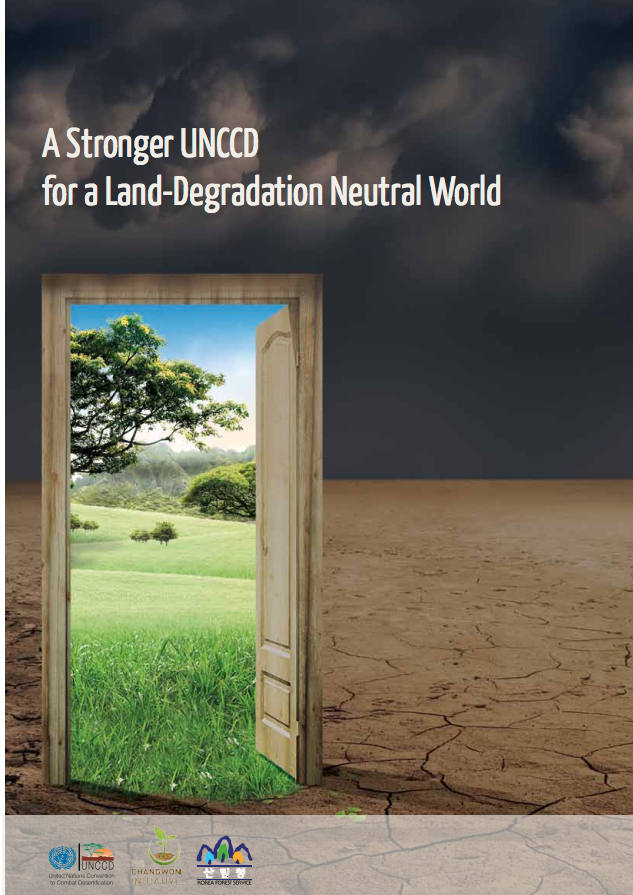utilisation durable des terres
AGROVOC URI:
SDG Indicator 2.4.1: Percentage of Agricultural Area under Productive and Sustainable Agriculture
There has been considerable discussion over the past thirty years on how to define “sustainable agriculture.” During most of this period, sustainability was exclusively considered an environmental issue and was therefore measured as such. The 2030 Agenda requires that all sectors, including agriculture, be considered from the point of view of the three dimensions of sustainability: economic, social and environmental.
FAO and the SDGs
On 25 September 2015, the 193 Member States of the United Nations adopted the 2030 Agenda for Sustainable Development – including 17 Sustainable Development Goals (SDGs) and 169 targets – committing the international community to end poverty and hunger and achieve sustainable development between 2016 and 2030. Six months later, a global indicator framework for the SDGs – comprising 230 indicators - was identified to monitor the 169 targets and track progress, becoming the foundation of the SDGs’ accountability structure.
Consultative Meeting on Mechanization Strategy
Sustainable agricultural mechanization (SAM) is an essential input for the development of the smallholder farm sector in sub-Saharan Africa (SSA). The benefits of SAM range from drudgery reduction to improved timeliness of agricultural operations, increased input use efficiency, facilitating sustainable production intensification, ensuring environmental protection, and contributing to make agriculture more ‘climate-smart’. SAM is also important at other levels of the food supply system, for example in post-harvest operations, processing, marketing and transportation.
Sustainable agricultural development for food security and nutrition: what roles for livestock?
This report addresses the economic, environmental and social dimensions of agricultural development, with the objective of ensuring food and nutrition security, in terms of availability, access, utilization and stability. It focuses on the livestock component of agricultural systems, given the role of livestock as an engine for the development of the agriculture and food sector, and as a driver of major economic, social and environmental changes in food systems worldwide.
Agricultural mechanization: A key input for sub-Saharan Africa smallholders
This paper is specifically about agricultural mechanisation: the opportunities provided by mechanisation for intensifying production in a sustainable manner, in value addition and agri-food value chain development, as well as the inherent opportunities implied for improved local economies and livelihoods. The establishment of viable business enterprises agro-processors, transport services, and so forth as a result of increased agricultural mechanisation in rural areas, is crucial to creating employment and income opportunities and, thereby, enhancing the demand for farm produce.
Strengthening protected areas for biodiversity and ecosystem services in China
Recent expansion of the scale of human activities poses severe threats to Earth’s life-support systems. Increasingly, protected areas (PAs) are expected to serve dual goals: protect biodiversity and secure ecosystem services. We report a nationwide assessment for China, quantifying the provision of threatened species habitat and four key regulating services—water retention, soil retention, sandstorm prevention, and carbon sequestration—in nature reserves (the primary category of PAs in China).
UN-Habitat - SDG 11.3 Sustainable urbanization
A defining feature of many of the world’s cities is an outward expansion far beyond formal administrative boundaries, largely propelled by the use of the automobile, poor urban and regional planning and land speculation. A large proportion of cities both from developed and developing countries have high consuming suburban expansion patterns which often extend to even further peripheries. Cities need to accommodate new and thriving urban functions such as transportation routes, etc. as they expand.
Revising the Land Law to Enable Sustainable Development in Vietnam
Vietnam's rapid and sustained economic growth and poverty reduction in the last two decades benefitted from the policy and legal reforms embodied in the Land Laws of 1987, 1993 and 2003 and subsequent related legal acts. This note outlines reforms related to four main themes. The first relates to the needed reform for agriculture land use to create opportunity to enhance effectiveness of land use as well as to secure farmers' rights in land use. Prolonging the duration of agricultural land tenure would give land users greater incentives to invest and care for the land.
Apoiando a agricultura sustentável em Moçambique
Em Moçambique há um forte apoio à agricultura sustentável: métodos como sistemas agroflorestais e agricultura de conservação são promovidos cada vez mais pelo Ministério da Agricultura, a sociedade civil, organizações de camponeses e agências de desenvolvimento. Resultados de investigações sugerem que essas práticas aumentam a produtividade, são mais resilientes e economicamente acessíveis. Apesar disso, a adoção pelos pequenos produtores permanece baixa.
Global Land Outlook
The current pressures on land are huge and expected to continue growing: there is rapidly escalating competition between the demand for land functions that provide food, water, and energy, and those services that support and regulate all life cycles on Earth.
A stronger UNCCD for a Land-Degradation Neutral World
Land degradation is accelerating and drought is escalating worldwide. At the Rio+20 Conference, world leaders clearly acknowledged that desertification, land degradation and drought (DLDD) are challenges of a global dimension affecting the sustainable development of all countries, in particular developing countries. In view of this, they committed to strive to achieve a land-degradation neutral world in the context of sustainable development and to monitor land degradation globally (paragraphs 205–207 of “The future we want”).


